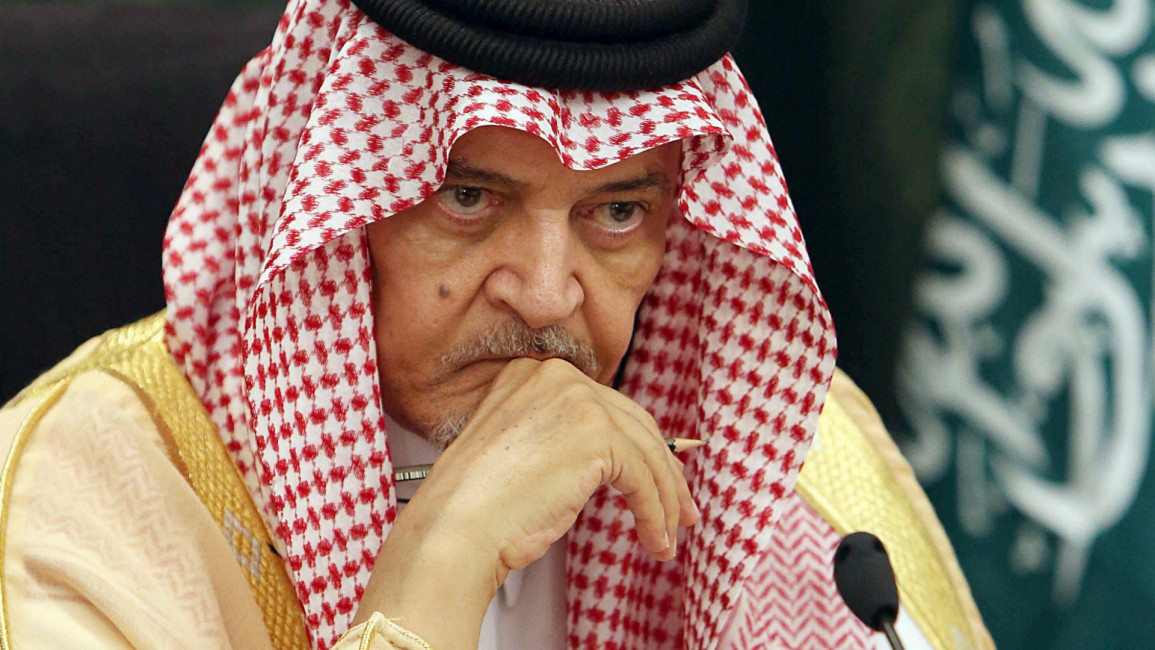
How Gulf columnists reacted to the Iran nuclear deal
"What is the price of the deal with Iran?" That was the big question troubling newspaper columnists in the Gulf this weekend. Iranians took to the streets in their thousands to celebrate the signing of a framework nuclear deal this week, but the Arab press was broadly pessimistic about what the agreement would mean for the region.
Worries that a newly emboldened Iran could stir further up sectarian violence through regional proxies dominated Arab reactions to the deal.
"Most people I've spoken to tend towards believe the scenario that Iran accepted giving up its nuclear programme in exchange for lifting of restrictions on its traditional military activities," wrote Abdulrahman Al-Rashed in Al-Sharq Al-Awsat, a London-based Saudi daily. He wrote that the deal would have consequences in Bahrain, Iraq, Lebanon, Syria and Yemen, as well as for the regional balance of power between Iran, Saudi Arabia and Egypt.
"We can't be sure in which direction Iran will go now that it is free - and we were complaining about it when it was restrained," he wrote on Saturday.
Rai Al-Youm noted the disappointment and anger at the deal in the Gulf states.
"The Saudi - Gulf axis came out as a loser, as it feels that its main ally, the United States, tricked it and made an alliance with Iran behind its back, leaving it naked to face an Iran that has become politically and regionally strong, even though it was besieged and isolated," read its lead editorial on Saturday.
Al Hayat, one of the most popular pan-Arab newspapers, featured a cartoon of an Iranian Mullah painting a mural of flowers on what was obviously a nuclear missile.
"What worries me as a Saudi citizen is this Iranian expansion, which threatens our regional and domestic security, changes our identity through force and terror, and clashes with the ambitions of people in the region for peace, freedom and the right to choose," wrote Jamal Khashoggi, a columnist and editor-in-chief of Al Arab News Channel.
He argued that the United States had taken advantage of that fact that its Gulf allies "have no choice but to accept reality and continue to export oil and buy more weapons."
Saudi Arabia was the second biggest importer of arms in the world last year, according to recent data from the Stockholm International Peace Research Institute. Riyadh spent billions on weapons from the United States, Britain and France.
But Khashoggi hinted that he was heartened by Saudi Arabia's intervention in Yemen, as it represented a new-found independence in Saudi foreign policy: Riyadh is now ready to undermine Iranian projects across the region - with or without an American green light - and to start its own nuclear programme.
"It's no longer important whether they signed or didn't sign, whether they made peace with Iran or declared war. What's important is that Saudi Arabia has taken back the initiative for itself and for the region," he wrote.



